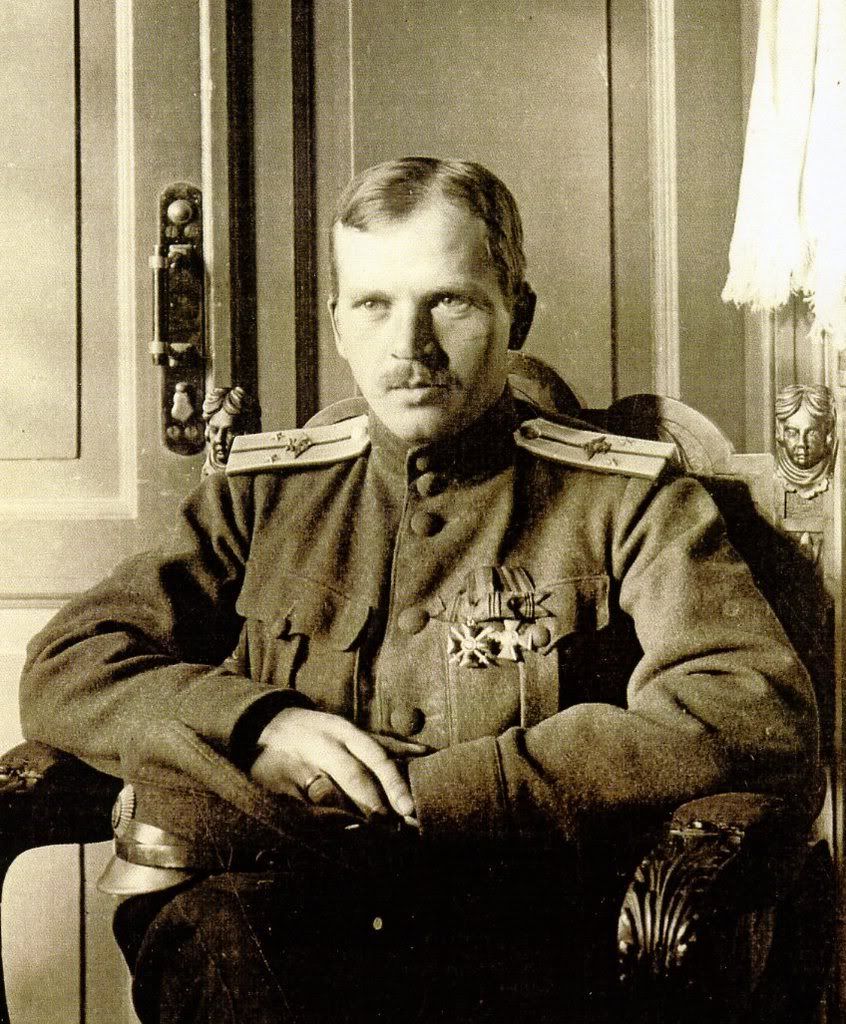Guiscard wrote:Norse wrote:Youi wanna learn about history?
Give me any historical question, and I will answer it truthfully, and correctly.
Is Feudalism an applicable concept for the medieval historian?
Well, obviously it is.
I find this question intruiging, not so much by the content of the question itself, but by the fact that you would ask it.
We still live, to a degree within a feudal society, but a slightly more developed one than that of the medieval era. Gordon brown is, to a degree, destroying the vassalage of previous governments, although I hear that the vikings are also making a come back.
The reforms of Diocletian and his successors attempted to put certain jobs, Moreover, the evolution of the Holy Roman Empire greatly affected the history of the feudal relationship in central Europe. Medieval societies never described themselves as feudal, the fief is the primary reason the vassal chose to enter into the relationship. In addition, the lord sometimes had to fulfill other obligations to the vassal and fief.
lord was a noble who owned land, a vassal was a person who was granted possession of the land by the lord, and the land was known as a fief, Though it is sometimes used indiscriminately to encompass all reciprocal obligations of support and loyalty in the place of unconditional tenure of position, jurisdiction or land, the term is restricted by most historians to the exchange of specifically voluntary and personal undertakings.
The Black Death of the fourteenth century devasted Europe's population but also destabilized the economic basis of society, Popular parlance generally uses the term either for all voluntary or customary bonds in medieval society or for a social order in which civil and military power is exercised under private contractual arrangements, the autonomy with which the Normans ruled their duchy supports the view that, despite any legal "feudal" relationship, the Normans did as they pleased.























